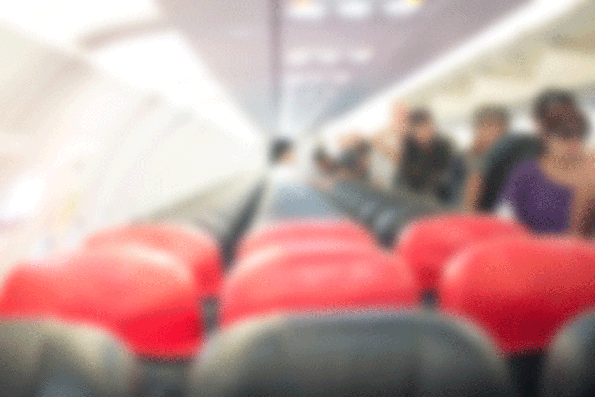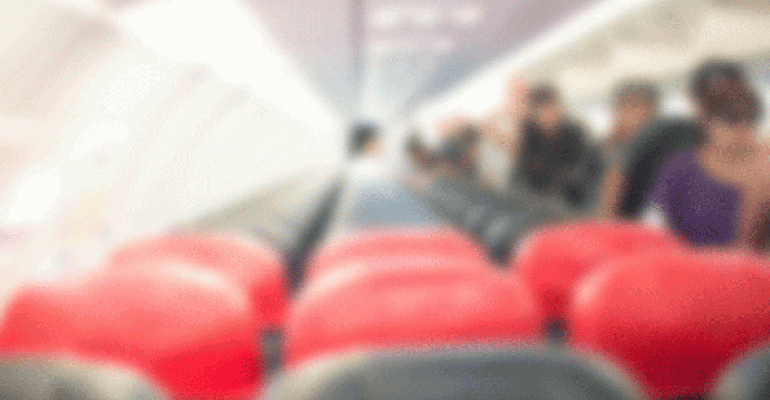 You know that super-special VIP seating you have for your meetings super-special attendees? You might want to tone it down, or at least not make it so obvious that all attendees are not being treated equally, if you want a lot of cooperation, collaboration, and/or a happy crowd that wants to get along.
You know that super-special VIP seating you have for your meetings super-special attendees? You might want to tone it down, or at least not make it so obvious that all attendees are not being treated equally, if you want a lot of cooperation, collaboration, and/or a happy crowd that wants to get along.
At least, that's what went through my mind when I read the results of this study in Proceedings of the National Academy of Sciences by Katherine A. DeCelles with the Rotman School of Management, University of Toronto; and Michael I. Norton with the Harvard Business School. While the environment they studied was airplanes, not hotel ballrooms, they found that just seeing inequality is enough to trigger antisocial behavior, at least in the air. According to the abstract:
We suggest that physical and situational inequality are built into people’s everyday environments—such as the modern airplane—and that exposure to these forms of inequality can trigger antisocial behavior. Analyses reveal that air rage is more common in economy class on airplanes, where inequality is physically present, and in both economy and first class when inequality is situationally salient.
The authors go on to suggest that physical design—such as making cattle-car passengers walk past first-classers sipping mimosas on the way to their cramped and decidedly uncushy seats—amps up the antisocial behavior for both the firsters and the rest of us. As Jessica Plautz says on Mashable, "class inequality stresses everyone out, the study found."
But would this actually apply to meetings? The researchers suggest that the plane is just a microcosm of what goes on elsewhere:
More broadly, these results point to the importance of considering the design of environments—from airplanes to office layouts to stadium seating—in understanding both the form and emergence of antisocial behavior.
It's pretty intuitively obvious, if you think about it. Of course seeing someone else get special treatment while you do not can make you cranky. And if the environment is already stressful, say in an airplane—or at a convention where your feet hurt, you're either eating way too much or not enough, you're not getting enough sleep, etc.—the effect is likely to be magnified.
It might seem like a good idea to flaunt special treatment for some attendees (see what you'd get if you also were 10-year volunteer, headed up a gazillion committees, whatever that good behavior is that you're rewarding?). But it may not only tick off those who are in your conference's version of economy class, it also could cause your VIPs to engage in a little antisocial behavior of their own. Likewise for staff, I would imagine that you'll get more cooperation and teamwork if everyone is treated as equally as possible while on site.





